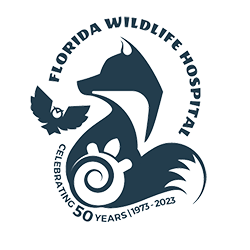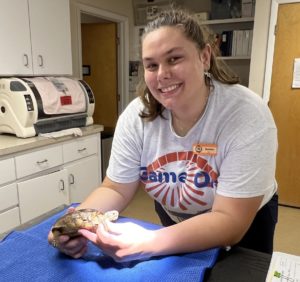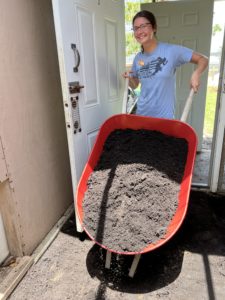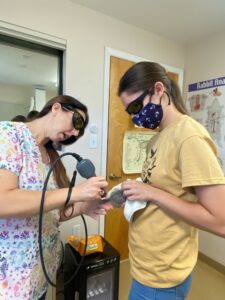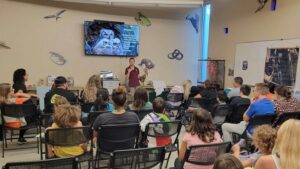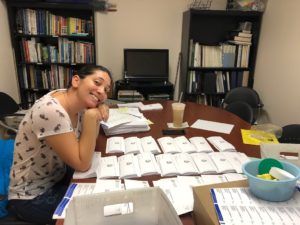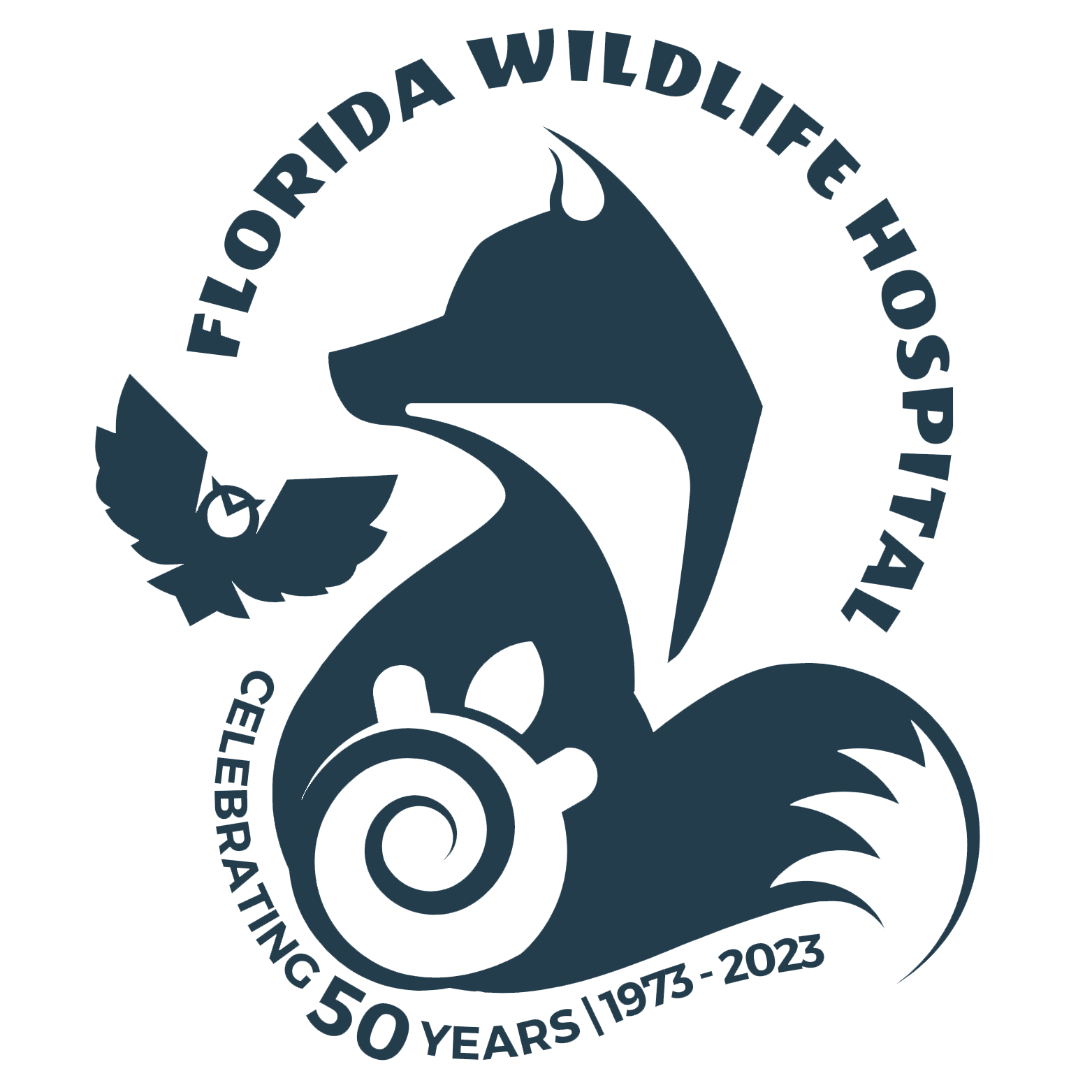Internship Opportunities
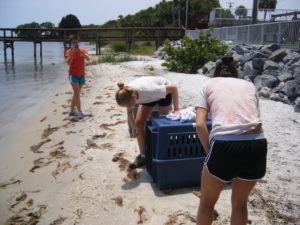
The Florida Wildlife Hospital offers unique unpaid internship opportunities for students with an interest in native Florida wildlife. Internships are available year-round at our facility in Palm Shores, Florida. We offer two internship opportunities, an Animal Care internship, and a Non-Profit Management internship, for students or recent graduates studying related topics.
Intern Requirements
All
- Must be 18 years of age or older.
- Have a valid driver’s license and reliable transportation.
- Enrolled or recently graduated in related subject matter.
- Possess good communication skills, a positive attitude, be able to follow directions, and work as part of a team in a fast-paced environment
- Must provide proof of an up-to-date tetanus vaccination.
- Must fill out online application and email resume, cover letter, and letter of recommendation. Incomplete applications will not be considered.
Animal Care/Vet Technician
- Be willing to work a schedule including weekends, holidays, and all weather conditions.
- Be in good physical condition with the ability to lift at least 50lbs; able to bend, stoop, and crawl.
- Must be ok with euthanasia, it is unavoidable.
- Rabies vaccinations is a plus but is not a requirement.
Education
- Be willing to work a schedule including weekends, holidays, and all weather conditions.
- Be in good physical condition with the ability to lift at least 50lbs; able to bend, stoop, and crawl.
- Must be ok with public speaking.
Non-Profit Management Specific
- Exhibit good customer services skills.
- Be independently motivated and detail oriented.
- Must be proficient with computers including email and Microsoft Office.
Internship Schedule
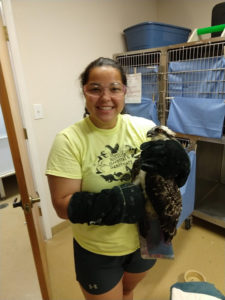
Spring Internships
Application dates: November 1st – December 1st
12-week commitment | 2 days a week (must include at least one weekend day)
Start Month: January | End Month: April
Summer Internships
Application dates: March 1st – April 1st
12-week commitment | 4 days a week (must include at least one weekend day)
Start Month: May | End Month: August
Fall Internships
Application dates: July 1st – August 1st
12-week commitment| 2 days a week (must include at least one weekend day)
*We do not accept Vet Tech Intern applications in the Spring as we partner with Eastern Florida State College’s vet tech program and have interns from their school that semester.
Start Month: September | End Month: December
Course Credits
Some colleges and universities allow internships to count towards course credits, but each has slightly different requirements. Please indicate on the application form if you wish to complete the internship for course credits, so that we can discuss this further with those who are selected for the positions.
